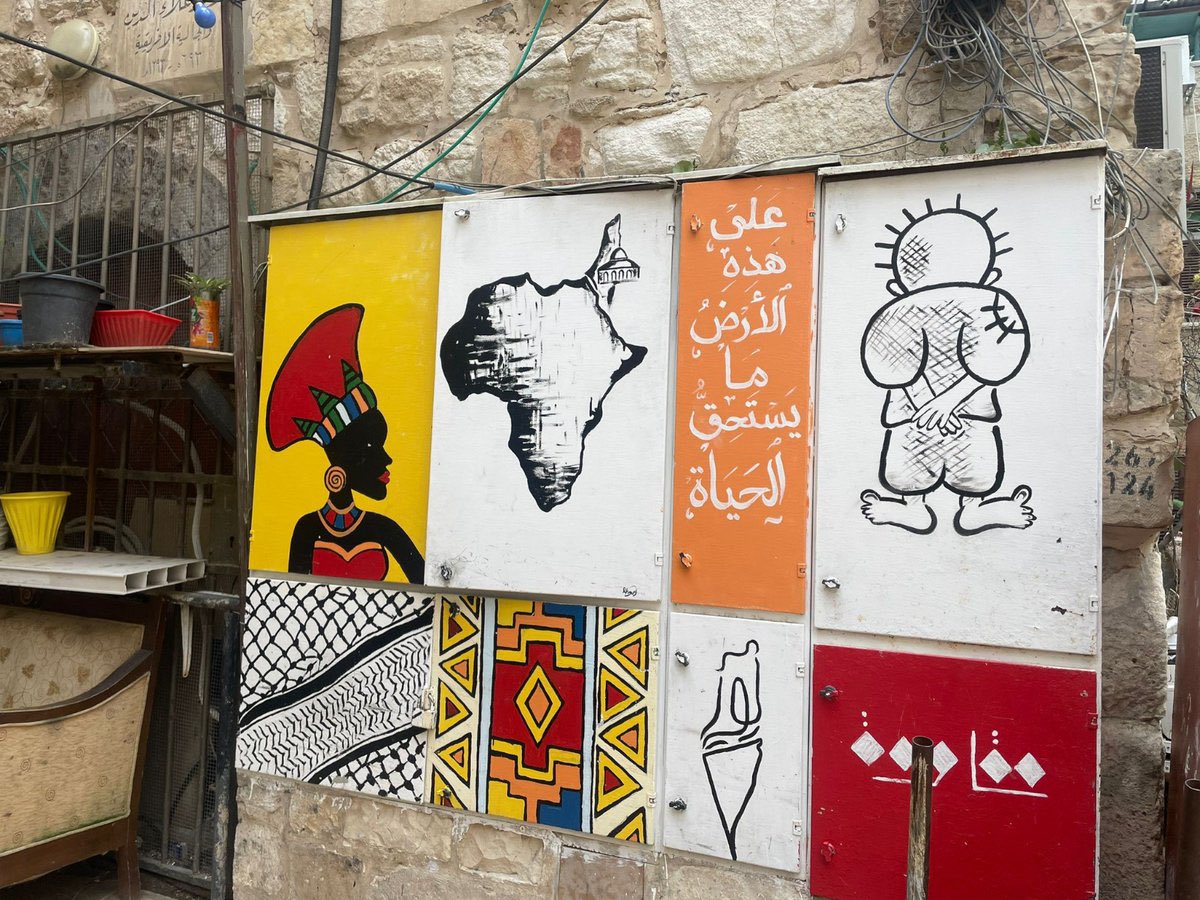There has been a spike in deadly violence this year with nearly 100 attacks on both civilian and military targets.
Weapons, food and medicines have all been looted.
Here are the 6 reasons experts say Boko Haram remains undefeated despite government claims - a thread 👇
Weapons, food and medicines have all been looted.
Here are the 6 reasons experts say Boko Haram remains undefeated despite government claims - a thread 👇

1: Root causes not addressed.
Neglect from authorities and desperation often drive people toward the militants.
Security analyst Kabiru Adamu says “to address insurgency or terrorism, you need more than military operation. You need to address the root causes of the insurgency”.
Neglect from authorities and desperation often drive people toward the militants.
Security analyst Kabiru Adamu says “to address insurgency or terrorism, you need more than military operation. You need to address the root causes of the insurgency”.

2: Boko Haram's ability to recruit.
Poverty in parts of the region and the insurgents' violent methods enable the continued recruitment of generation after generation of fighters.
“People are readily available for recruitment just to survive” - security expert Abdullahi Yalwa.
Poverty in parts of the region and the insurgents' violent methods enable the continued recruitment of generation after generation of fighters.
“People are readily available for recruitment just to survive” - security expert Abdullahi Yalwa.

3: Lack of equipment.
Research found there were about 6.5 million small arms and light weapons in circulation in Nigeria but just 586,000 are in the hands of security forces.
“[Armed] groups have a higher calibre of weapons, unfortunately, than the military” - Kabiru Adamu.
Research found there were about 6.5 million small arms and light weapons in circulation in Nigeria but just 586,000 are in the hands of security forces.
“[Armed] groups have a higher calibre of weapons, unfortunately, than the military” - Kabiru Adamu.

4: Corruption.
It is suspected that a lot of money meant to bolster the campaign against Boko Haram has ended up in officials' pockets.
“It seems some people have turned [the fight against Boko Haram] into merchandise and are into self-enrichment”, says Mr Yalwa.
It is suspected that a lot of money meant to bolster the campaign against Boko Haram has ended up in officials' pockets.
“It seems some people have turned [the fight against Boko Haram] into merchandise and are into self-enrichment”, says Mr Yalwa.

5: Military strategies not working.
These include Super Camps (withdrawing troops from smaller bases and concentrating them in large formations), and military airstrike “patterns” which insurgents appear to have “understood and adapted to”, Mr Bulama Bukarti told the BBC.
These include Super Camps (withdrawing troops from smaller bases and concentrating them in large formations), and military airstrike “patterns” which insurgents appear to have “understood and adapted to”, Mr Bulama Bukarti told the BBC.

6: Boko Haram's influence is spreading.
Authorities suggested that the fight against Boko Haram could continue for another 20 years if the civilian and military approaches were not better co-ordinated.
Full article here ⬇️
bbc.co.uk/news/world-afr…
Authorities suggested that the fight against Boko Haram could continue for another 20 years if the civilian and military approaches were not better co-ordinated.
Full article here ⬇️
bbc.co.uk/news/world-afr…
• • •
Missing some Tweet in this thread? You can try to
force a refresh











